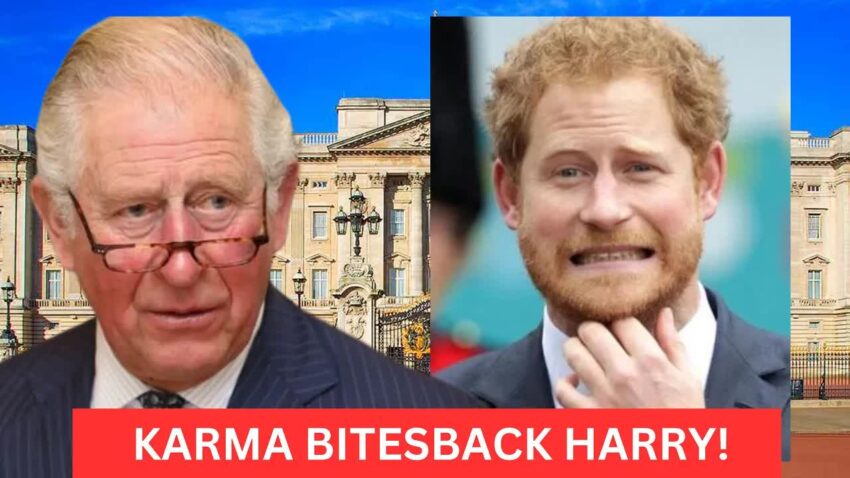Prince Harry recently made a surprise visit to the UK after a six-month absence, stirring up controversy within the royal family.
The Duke of Sussex appeared in London at the Royal Courts of Justice to take legal action against Associated Newspapers, the publisher of the Daily Mail.
Despite the denial of all accusations by Harry and other high-profile claimants, his return has reignited discussions about his strained relationship with the royal family, particularly following the revelations made by him and Meghan, Duchess of Sussex.
Amid speculations of a potential reconciliation, royal author Alexander Larman, known for his book “The Winters at War,” expressed doubts about Harry’s future ties with certain members of the royal family.
During a recent appearance on the Royal Ears podcast, Larman emphasized that Harry’s actions, including the release of his tell-all memoir “Spare,” have severed any remaining connections with his family.
He highlighted the significant lifestyle shift Harry has undergone, suggesting that a return to a normal life in Britain seems unlikely.
Larman further criticized the royal family’s response to Harry’s return, noting the lack of interaction between Harry and his relatives during his visit.
Reports indicate that Harry attempted to meet with King Charles, but was reportedly turned down due to the monarch’s busy schedule.
Larman interpreted this as a clear indication of the fractured relationship between Harry and the royal family, citing the revelations from Harry’s memoir as a catalyst for the rift.
In light of Harry’s unexpected trip to London, royal biographer Angela Levin suggested that his motives extended beyond legal matters.
Levin speculated that Harry’s decision to appear in person instead of virtually via Zoom was a strategic move to overshadow his father, the King, and Queen Consort during a crucial period.
She argued that Harry’s diminishing respect for the monarchy since stepping back as a senior royal in 2020 led him to seek validation through media attention, positioning himself as a prominent figure in the public eye.
Despite the attention garnered by Harry’s visit, Levin highlighted the lack of competition from the King and Queen in terms of media coverage, indicating a shift in power dynamics within the royal family.
The trip served as a platform for Harry to assert his influence and popularity, potentially signaling a deeper rift between him and his royal counterparts.
The unfolding drama surrounding Harry’s return underscores the ongoing tensions within the royal family, hinting at irreparable divisions that may persist in the future.
As discussions surrounding Harry’s actions and motivations continue to unfold, the repercussions of his visit to the UK remain a topic of debate among royal observers and enthusiasts.
The clash between tradition and modernity, duty and personal freedom, exemplified by Harry’s journey back to his homeland, encapsulates the complexities of royal life in the contemporary era.
The implications of Harry’s choices and their impact on the royal family’s dynamics serve as a poignant reminder of the enduring saga of the British monarchy.
In the wake of these developments, the question lingers: What lies ahead for Prince Harry and his relationship with the royal family?
The uncertainty surrounding his future interactions with his relatives and the monarchy at large raises intriguing possibilities for the trajectory of the House of Windsor.
